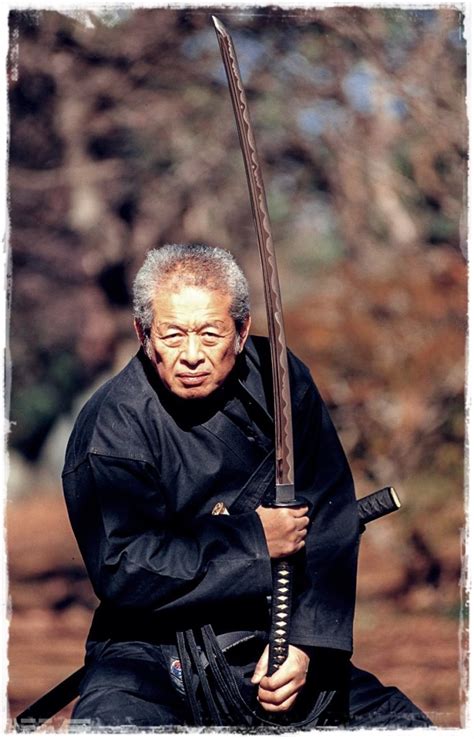A Quote by Frederick Lenz
The world of enlightenment, and that which creates enlightenment, is much different than what most people would think. Most people have Hallmark Card descriptions of what creates enlightenment. And if their descriptions were correct, then everyone who is in religious practice would be enlightened.
Related Quotes
There was a famous Zen master whom people would seek out to become enlightened. He was strict and would occupy people with things having nothing to do with seeking enlightenment. You see, that is the only way to achieve enlightenment; by not focusing on achieving it. Then, one day it will just come to you.
Further, if Spirit has any meaning at all, then it must be eternal, or without beginning or end. If Spirit had a beginning in time, then it would be strictly temporal, it would not be timeless and eternal. And this means, as regards your own awareness, that you cannot become enlightened. You cannot attain enlightenment. If you could attain enlightenment, then that state would have a beginning in time, and so it would not be true enlightenment.
In the process of burning out these confusions, we discover enlightenment. If the process were otherwise, the awakened state of mind would be a product dependent upon cause and effect and therefore liable to dissolution. Anything which is created must, sooner or later, die. If enlightenment were created in such a way, there would always be a possibility of ego reasserting itself, causing a return to the confused state. Enlightenment is permanent because we have not produced it; we have merely discovered it.
You are a Buddha, and so is everyone else. I didn't make that up. It was the Buddha himself who said so. He said that all beings had the potential to become awakened. To practice walking meditation is to practice living in mindfulness. Mindfulness and enlightenment are one. Enlightenment leads to mindfulness and mindfulness leads to enlightenment.
If enlightenment comes first, before thinking, before practice, your thinking and your practice will not be self-centered. By enlightenment I mean believing in nothing, believing in something which has no form or no color, which is ready to take form or color. This enlightenment is the immutable truth. It is on this orginal truth that our activity, our thinking, and our practice should be based.
When you continuously know and sense yourself as the space of consciousness rather than what appears in consciousness - sense perceptions, thoughts, emotions - then it can be said that you are enlightened... except that you wouldn't think or speak of yourself as 'enlightened', because that would instantly create another mind-based conceptual identity and so it would be the end of 'your' enlightenment.




























